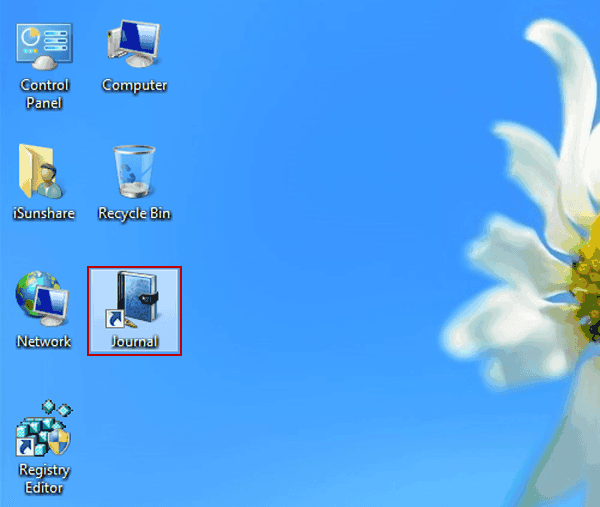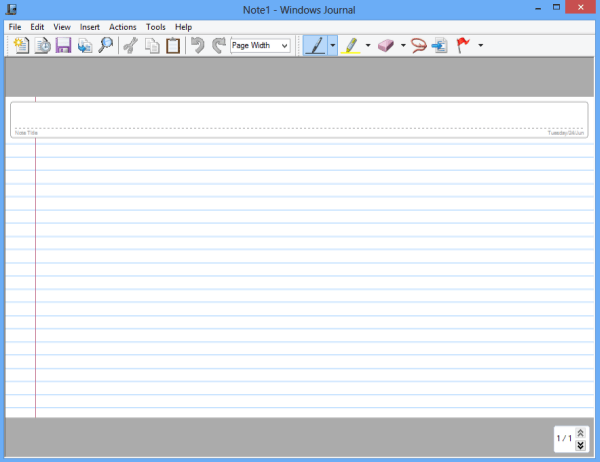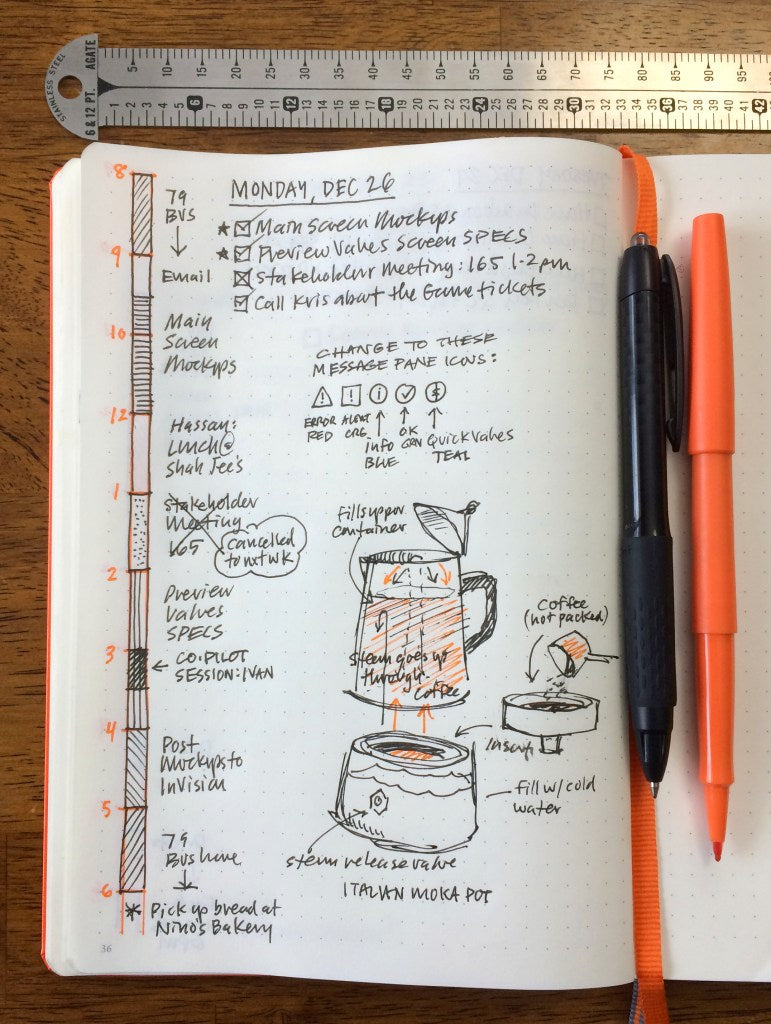

While you might not be able to commit to a daily journaling session, committing to a regular schedule is the best way to experience the full benefits.īecause it’s hard to be creative when you’re struggling with a loss, be easy on yourself. Daily journal - Finally, leave room for daily journaling.Writing prompts - Speaking of prompts, include a section to list writing prompts you’d like to try or other inspiring quotes.
Step work journal app free#
Having a free journaling section is good when you just want to write, and you’re not following any prompts.

The best part about grief journaling is that it’s accessible. Sleep better by releasing your fears and worries.Experience what psychologists call a “letting go” stage.Take a closer look at your feelings and any painful memories.When you write about your grief, you experience benefits like:

Keeping a grief journal is a healthy way to expel these feelings, process them, and let them go slowly over time. While nothing replaces the help of an experienced therapist, writing about your feelings has profound positive effects. Over time, this takes a toll on your body. According to Harvard Health, this could even lead to high blood pressure and heart rate and an increase in muscle tension. Holding in these feelings affects the body.

However, it’s not just ongoing feelings of sorrow that you have to watch out for. Numbness and feelings of depression are common after the passing of a loved one.
Step work journal app how to#
If you don’t know how to express yourself, you could end up not expressing anything at all. When you’ve experienced something traumatic or emotionally painful, it’s easy to bottle up these feelings. We have a post-loss checklist that will help you ensure that your loved one's family, estate, and other affairs are taken care of. Post-planning tip: If you are the executor for a deceased loved one, handling their unfinished business can be a large part of your stress without a way to organize your process. While grief isn’t something you fully “recover” from, you can take steps forward by starting and keeping a DIY grief journal of your own. As long as you’re writing, you’re getting those emotions on the page. You can share memories, feelings, anger, or just daily ramblings. What is a grief journal? It’s a journal where you’re free to write exactly what you’re feeling. A grief journal is a way to work through these emotions with the help of self-reflection. Whether the loss of your loved one was unexpected or you’ve known about it for a long time, grief affects everyone in different ways. Learn more in our affiliate disclosure.ĭealing with the death of a loved one is one of the biggest challenges one can face in life. As an Amazon Associate, we earn from qualifying purchases. We also may earn commission from purchases made through affiliate links. We follow a strict editorial process to provide you with the best content possible.


 0 kommentar(er)
0 kommentar(er)
